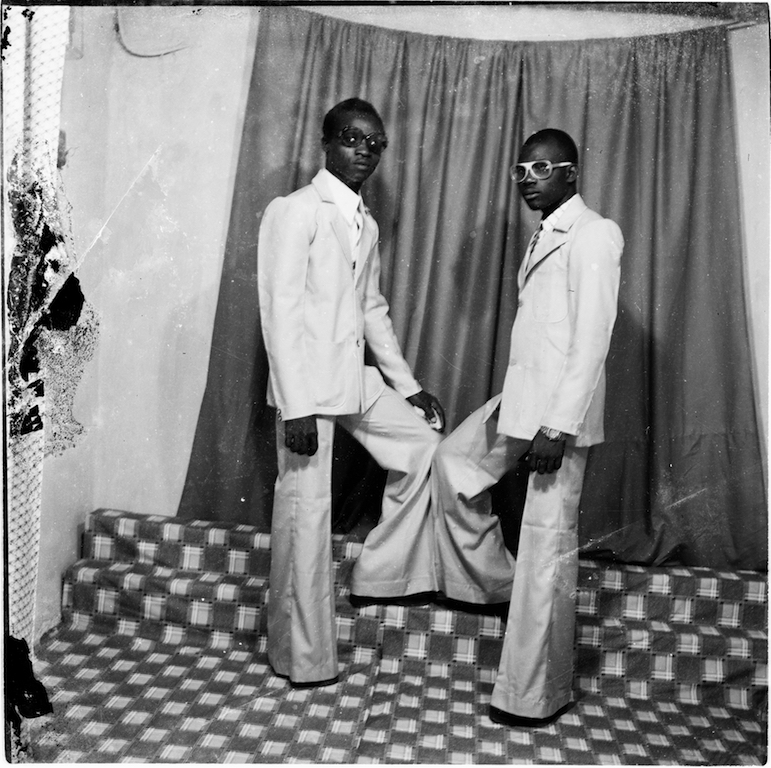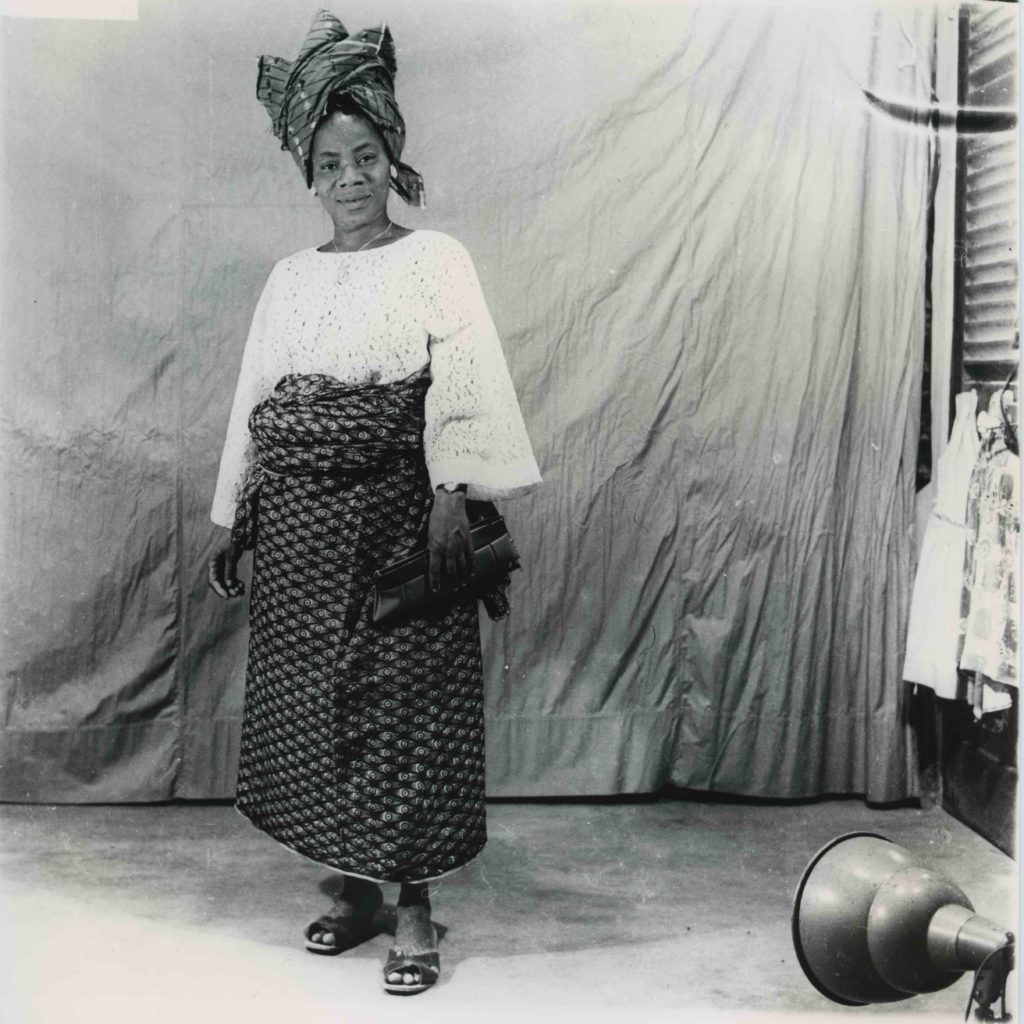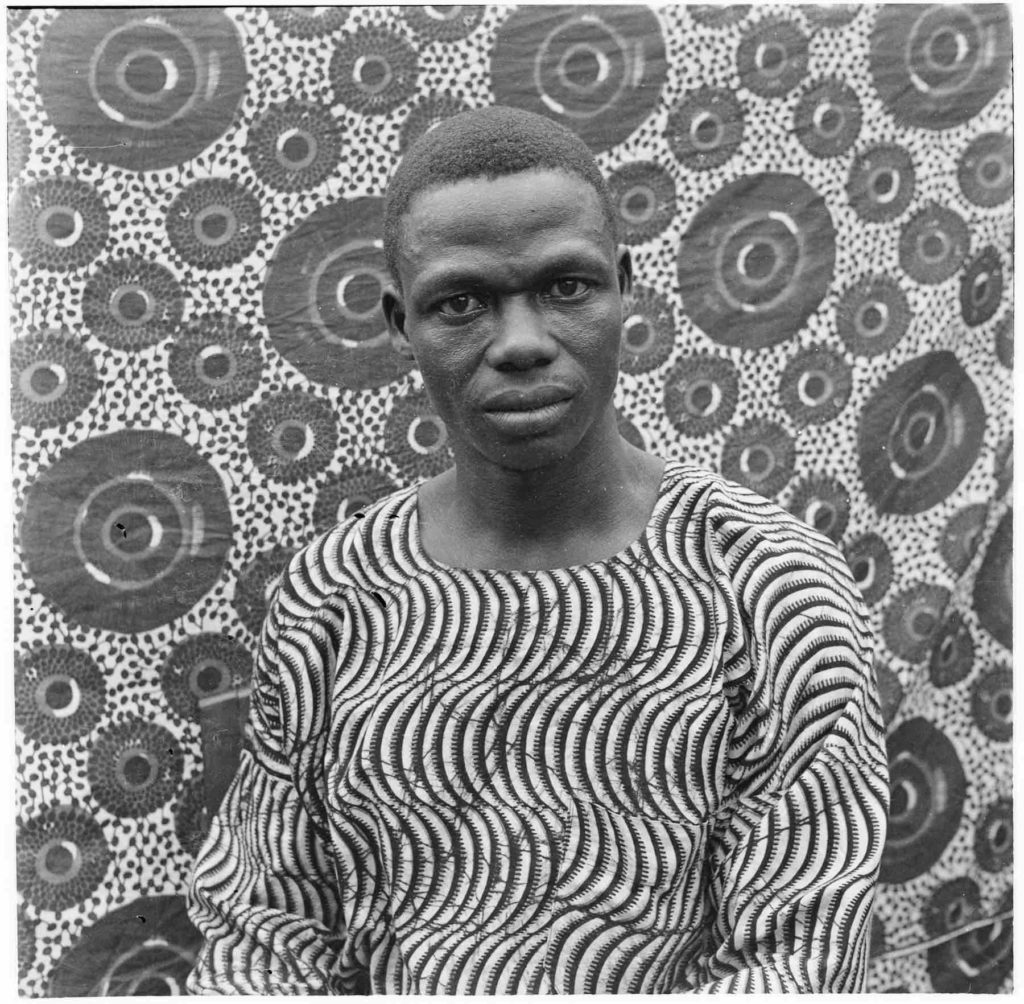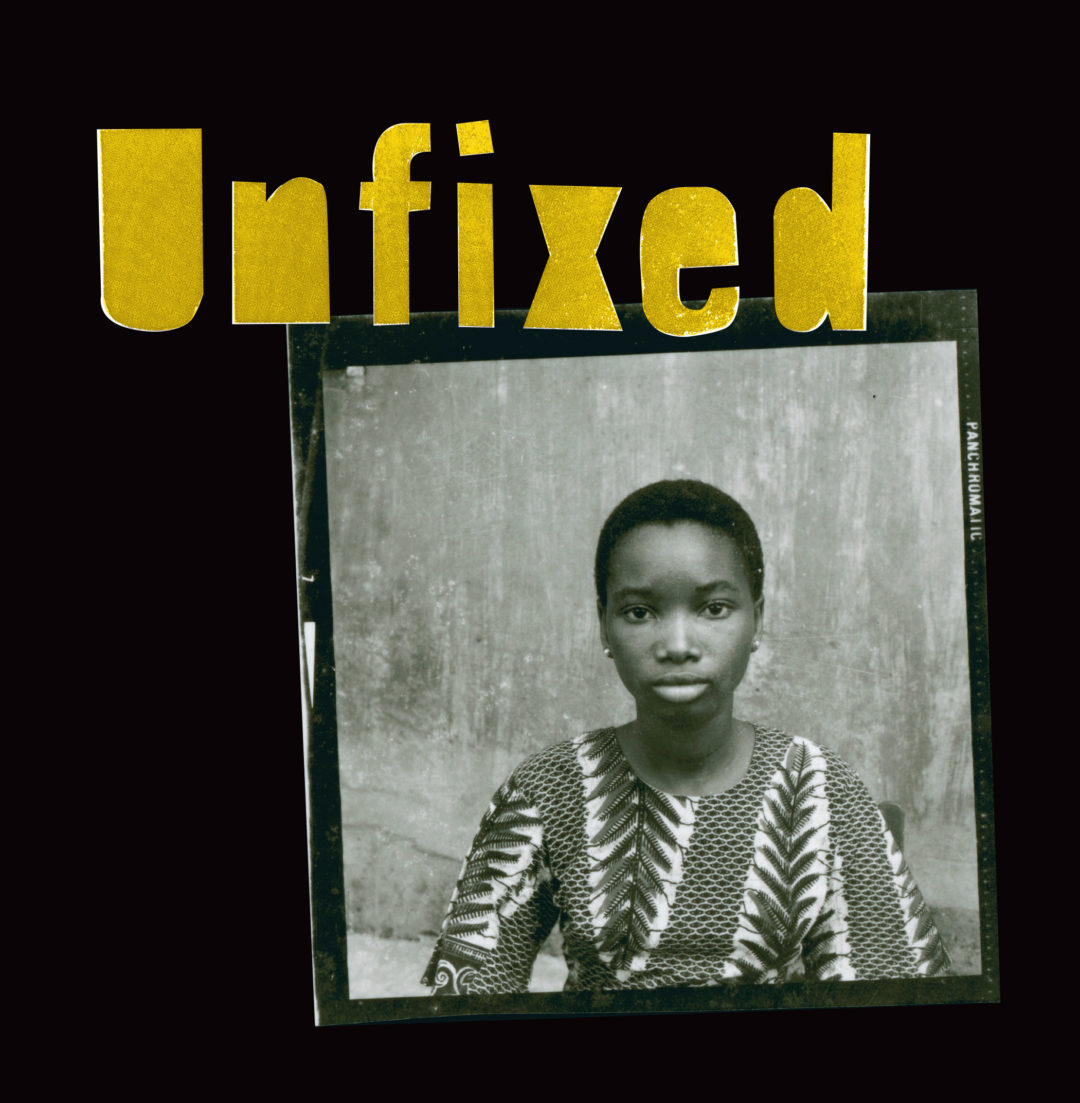Unfixed: Photography and Decolonial Imagination in West Africa. Durham, NC: Duke University Press, 2020.
Reviewed by Érika Nimis, in Photographica. March 21, 2023.
Reviewed by Yann Petit, in Journal of Visual Culture. April 2022.
Reviewed by Afonso Dias Ramos, in Sehepunkte: Rezensionsjournal für die Gechichtswissenschaften. March 2022.
Reviewed by Daniela Yvonne Baumann, in Camera Austria. Winter/Spring 2021.
Reviewed by Gabriella Nugent, in African Arts. Winter 2021.
Reviewed by Haythem Guesmi, in Africa Today. Winter 2021.
Reviewed by Jürg Schneider, in The Art Bulletin. December 1, 2021.
Featured book interview by Elisa Dainelli, in Urbanautica: Journal of Visual Anthropology and Cultural Landscapes. June 14, 2021.
Reviewed by Jordan Troeller, in History of Photography. May 18, 2021.
Reviewed by Pamila Gupta, in Visual Anthropology. April 27, 2021.
Reviewed by Prita Meier, in CAA.reviews. October 21, 2020.
Featured book interview by Roberto Sirvent, in The Black Agenda Report. October 7, 2020.
Reviewed by Yasmine Espert, in Public Books. June 11, 2020.



In Unfixed Jennifer Bajorek traces the relationship between photography and decolonial political imagination in Francophone west Africa in the years immediately leading up to and following independence from French colonial rule (1960). Focusing on images created by photographers based in Senegal and Benin, Bajorek draws on formal analyses of images and ethnographic fieldwork with photographers to show how photography not only reflected but also actively contributed to social and political change. The proliferation of photographic imagery—through studio portraiture, bureaucratic ID cards, political reportage and photojournalism, magazines, and more—provided the means for west Africans to express their experiences, shape public and political discourse, and reimagine their world. In delineating how west Africans’ embrace of photography was associated with and helped spur the democratization of political participation and the development of labor and liberation movements, Bajorek tells a new history of photography in west Africa—one that theorizes photography’s capacity for doing decolonial work.
